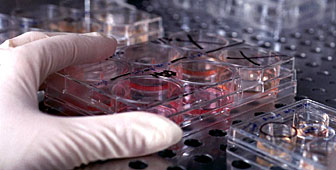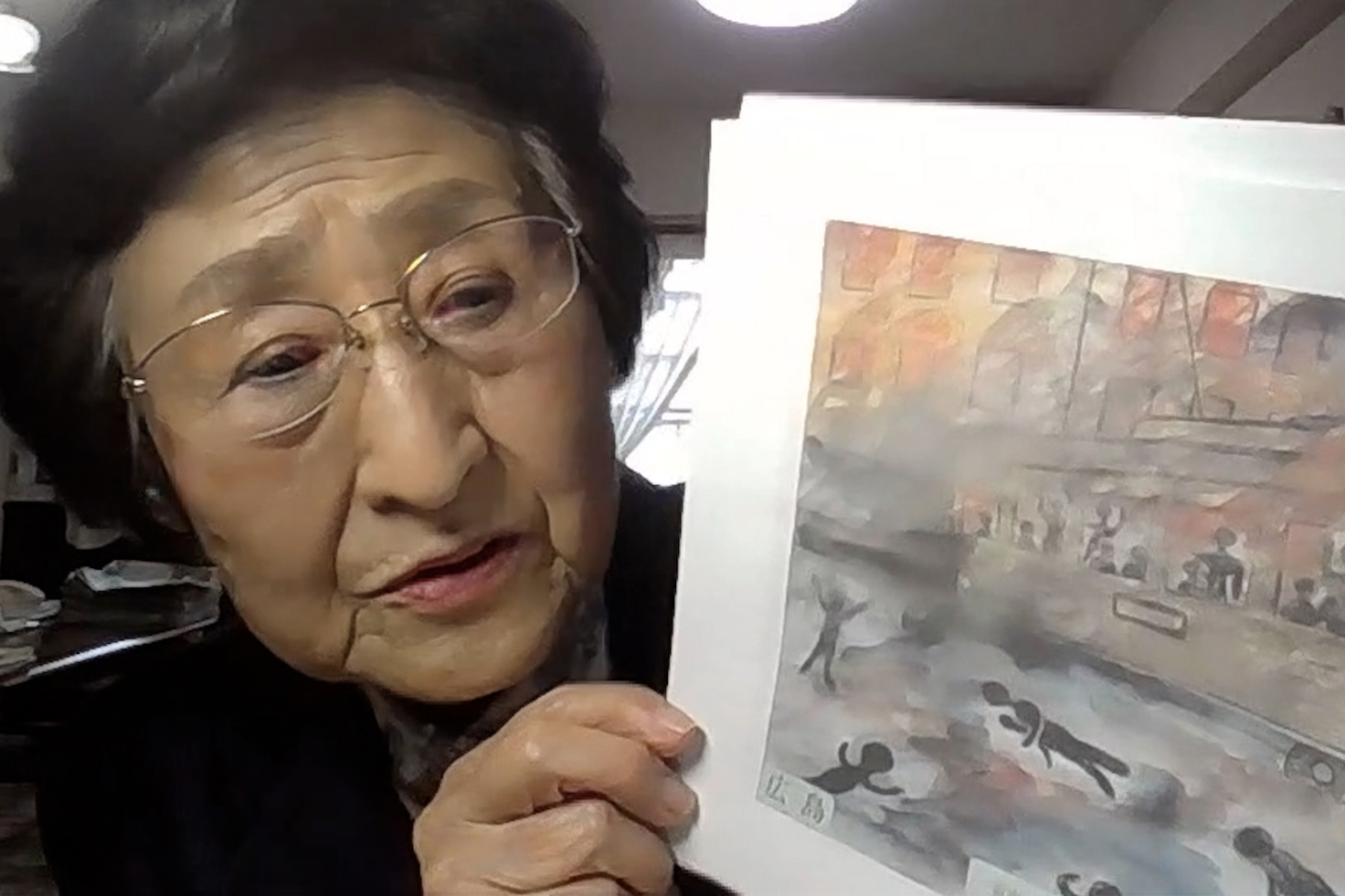
Ethics commission backs stem cell research

After months of bitter debate, Switzerland's advisory commission on biomedical ethics has approved stem cell research on surplus embryos.
The decision comes as the government draws up detailed legislation, which it is expected to present to parliament at the end of the year.
The commission issued a majority decision, endorsing stem cell research but only on embryos up to the blastocyst stage of development, which is normally about five days.
“Our main concern was the protection of the moral dignity of human embryos which could be used in stem cell research,” President Christoph Rehmann-Sutter told swissinfo.
“There is a special situation where surplus embryos arise in in vitro fertilisation, where the law in Switzerland says you have to destroy or let them die.
“In this situation, under restricted conditions, it is really not a major moral problem to allow stem cell research on those embryos.”
Ten restrictions
Among its conditions, the panel demands the informed consent of parents. It also remains firmly opposed to the patenting of stem cells.
However, on the issue of commercialisation, the commission is relatively liberal.
“We say paying money should not be allowed for embryos and for cells which are directly taken from embryos,” said Rehmann-Sutter.
“But when a company works on those cells and establishes an embryonic stem cell line and it is only related by several cell divisions to the cell which is originally taken from the embryo, we cannot see why a company should not be allowed to sell those cells.”
As regards imports, the majority of the commission has adopted the line that the same conditions must operate at the place of origin as they do in Switzerland.
Opposing views
Meanwhile, a considerable minority within the commission shares none of these views and wants to ban embryonic stem cell research altogether. That’s to say it wants neither the import nor the production of new stem cell lines in Switzerland.
“We think that this minority position is still valuable because it can inform the public debate, challenge the majority position, and help an open and controversial debate which is a precondition of finding a good and believable legal solution in Switzerland,” said Rehmann-Sutter.
Swiss law currently forbids the indigenous production of stem cells. However many scientists promote stem cell technology as a way of finding cures to a wide range of diseases, including degenerative conditions such as Alzheimer’s and Parkinson’s.
As regards public opinion, a survey, released on Monday, found many Swiss continue to have misgivings about stem cell technology.
However, it also showed that people supported the research when they were told of the potential benefits.
by Vincent Landon

In compliance with the JTI standards
More: SWI swissinfo.ch certified by the Journalism Trust Initiative



































You can find an overview of ongoing debates with our journalists here . Please join us!
If you want to start a conversation about a topic raised in this article or want to report factual errors, email us at english@swissinfo.ch.